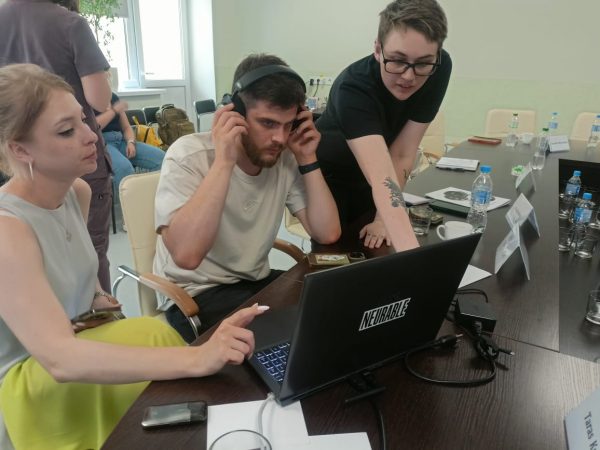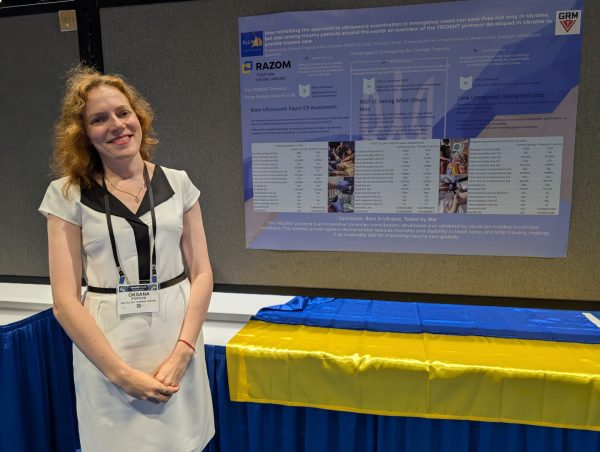September 18, 2025
You may have noticed GRM has been light on social media this year. The truth is, we’re a small team and we’ve been busy with the work itself — posting only for major developments or significant holidays. We know sharing matters, but in today’s constant barrage of news and posts, information overload is real.
It can be loud and overwhelming.
We choose what we watch. We choose what we engage with. So we’re making a change.
Here’s What’s Changing
You’ll hear from us in two ways:
- Monthly field updates — a steady pulse of what’s happening on the ground
- Impact moments — when we deploy to new emergencies, share a patient story that need sharing, complete major training programs, or achieve measurable impact
No filler. No noise. Just information when it matters.
We’re Asking You to Join Us
Scroll less. Do more.
Put your phone down. Give those hours to make a difference where it counts.
Try this instead of scrolling:
- Volunteer
- Call a friend
- Learn CPR
- Donate blood
- Help a neighbor
The world needs your hands, your presence, your action — not your clicks.
Our Promise
Every month: a clear update from the field. When it matters: stories and results that show lives changed.
No noise. Only what matters.

What We’ve Been Doing
Over the latter half of the summer, GRM leaned into its philosophy: put smart people in the same room to solve complex problems.
In Ukraine and the U.S., we continued our work with colleagues from Home Base at Massachusetts General Hospital and Ukrainian clinicians to map out approaches to diagnosing and treating brain injury, one of the war’s most devastating wounds.

Simultaneously, we finalized plans to pilot Ukraine’s first national forward surgical course, laying the foundation for a standardized training pathway, alongside Razom and our colleagues at UMMA.

That momentum carried straight into the Military Health Sciences Research Symposium (MHSRS) in Orlando, where Ukrainian clinicians, GRM, Razom, and international partners sharpened the course design and shared frontline lessons with the global community:
- Dr. Oleksandr Robuschuk on hypovolemic arrest and resuscitation
- Dr. Oksana Popova on the TRIDENT ultrasound protocol
- Dr. Andrii Kobirnichenko on bleeding control for devastating pelvic injuries

Dr. Robuschuk and Dr. Popova also continued clinical exchanges at the University of Florida, with Dr. Popova also visiting the University of North Carolina — building durable bridges with academic medicine. Back in Ukraine, Dr. Steve Donnelly, GRM Ukraine Medical Director, launched a project with medical students across Ukraine to track vital signs and harness telehealth, preparing the next generation of providers.
It was a whirlwind of idea exchange – proof of what happens when you bring the right people together to tackle the toughest problems.

“If not us, who?”
With gratitude,
The Global Response Medicine Team